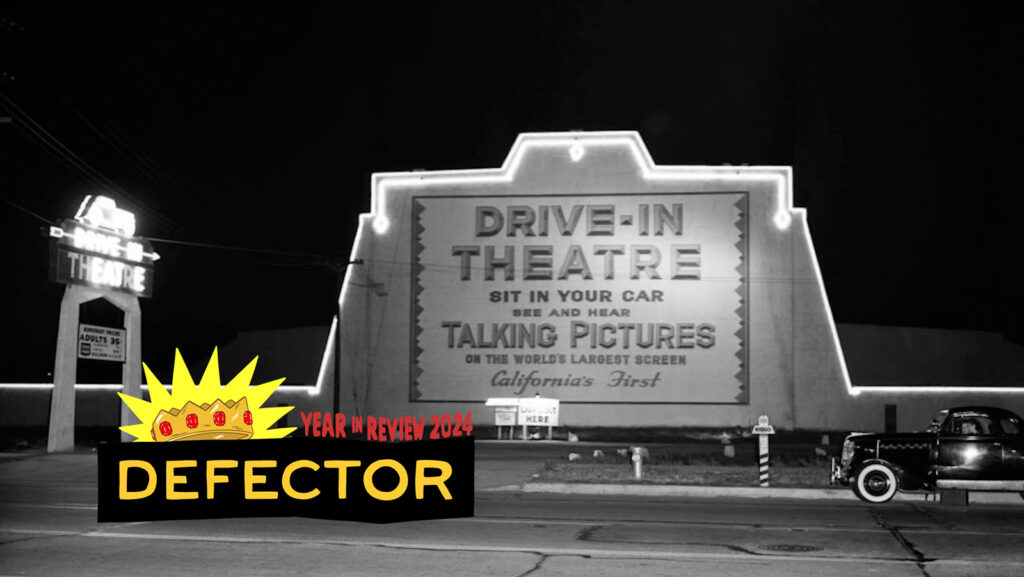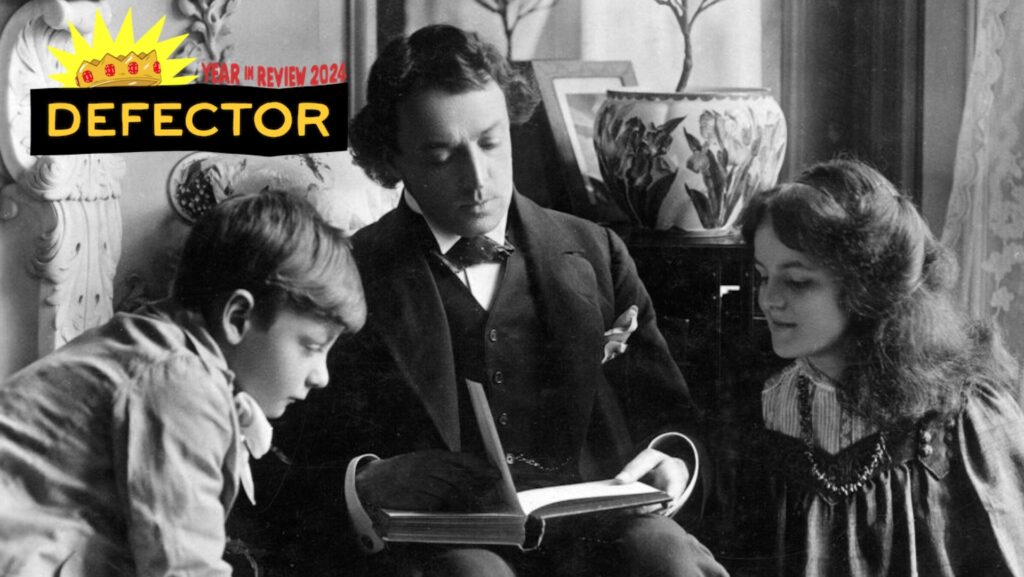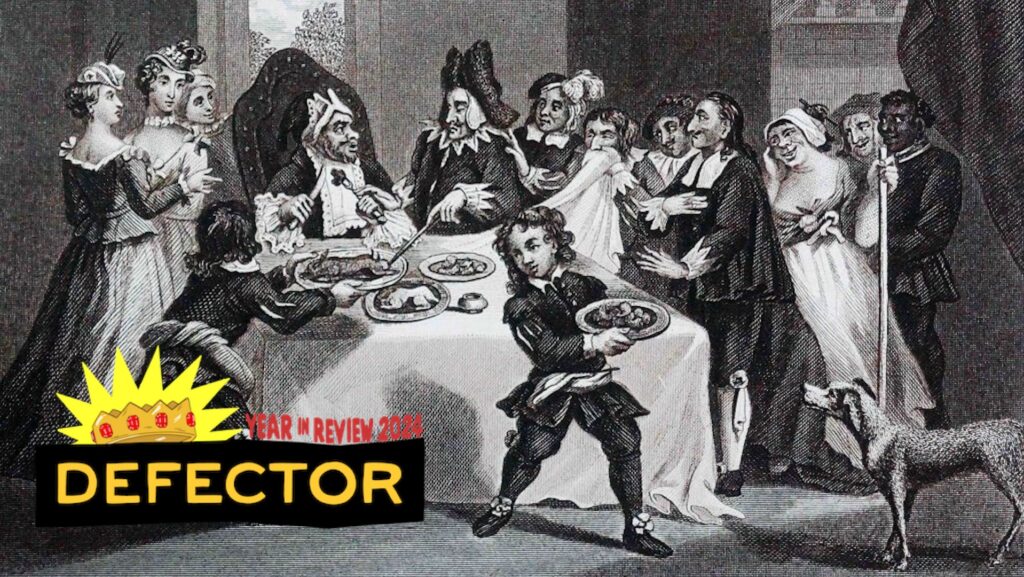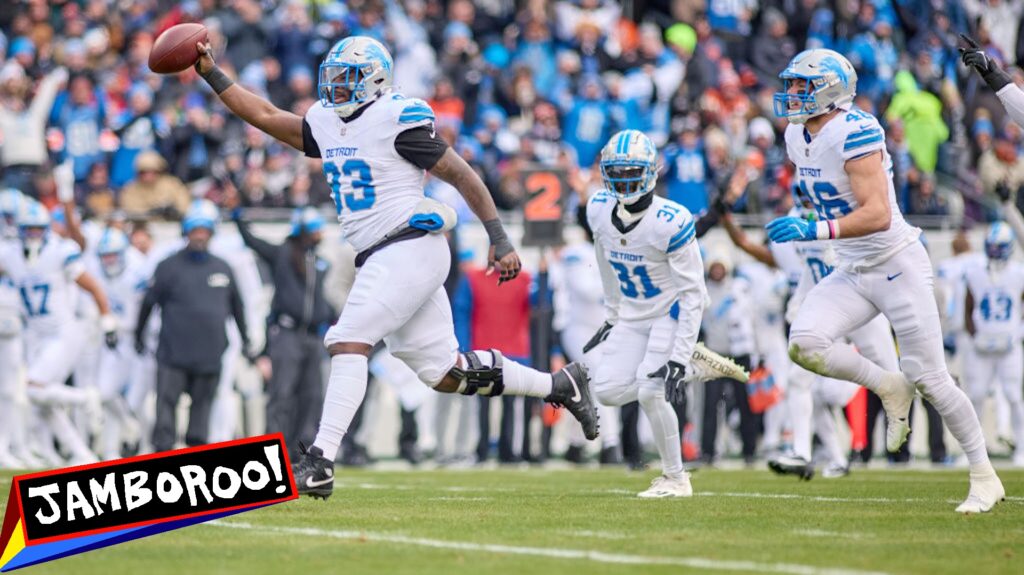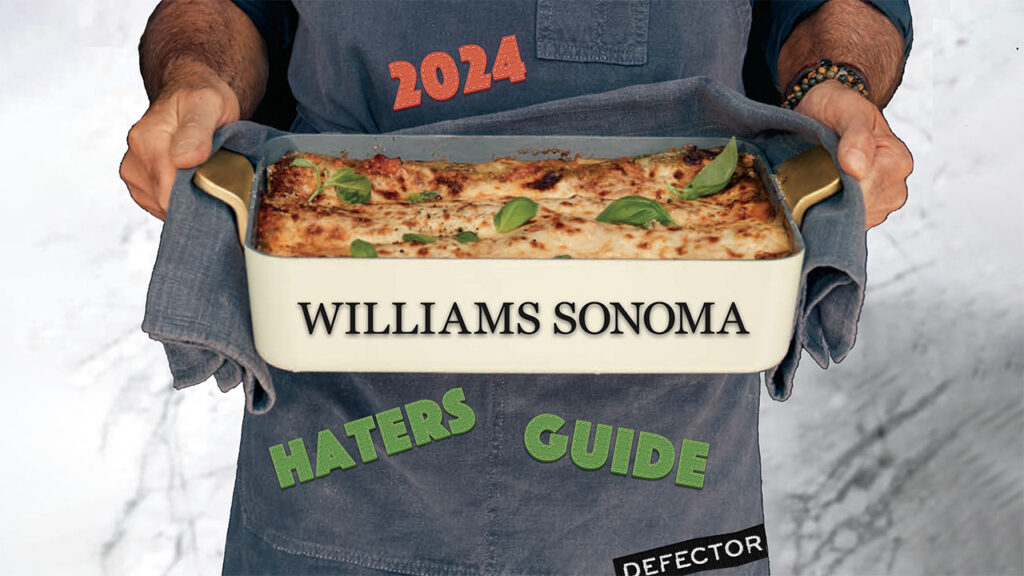It’s easy to hate Blake Lively. She’s beautiful. She’s tall. Her hair is so lush. Her skin is so smooth. She’s married to a damn Marvel actor, and they have beautiful children. Her best friend is Taylor Swift. In a world of demure, close-lipped smirks, Lively has a megawatt full-teeth smile. She was born in Los Angeles and raised by a talent scout and an actor. She was a cheerleader in high school. Relative to a celebrity like Jennifer Lawrence, Lively does not seem particularly approachable or down-to-earth; she seems much more like a goddess sent to give you body dysmorphia. She’s the popular girl, and always has been. But those are all reasons based in envy.
Then, of course, there are the real reasons to hate her. Lively has been in the spotlight since Sisterhood of the Traveling Pants premiered in 2005, almost two decades ago. That’s a lifetime in Hollywood, and plenty of time to make mistakes that everyone can see. And Lively’s actual mistakes have been bad ones. In 2012, she married Ryan Reynolds on a plantation in South Carolina, a decision she apologized for eight years later in 2020. This was, somehow, not a one-off; in 2014, Lively launched a (very short-lived) online lifestyle magazine called Preserve, which included a spread titled “Allure of Antebellum.” As Kara Brown wrote for Jezebel at the time, “Anyone who romanticizes our nation’s Antebellum period as some sort of marker of style and taste is definitely white and probably an asshole.”
When asked about her experience working with Woody Allen in 2016, just days after Ronan Farrow published a story about Woody Allen’s alleged abuse of his daughter, Lively said, “It’s very dangerous to factor in things you don’t know anything about. I could [only] know my experience. And my experience with Woody is he’s empowering to women.” Lively’s public sins have always been of this flavor. She is rich and she is white and she is beautiful, and her perception of the world is both colored by those privileges and blithely blind to them.
Because of these things, it is incredibly easy to stack the deck against her, and to convince the general public that she is untouchable and therefore an enemy. And that’s exactly what happened to Lively in August of 2024, except in this case the cards were stacked against her by a team of enemies that included a billionaire, a notorious crisis management PR firm, and a leading man who had put himself forward as one of Hollywood’s most eager allies.
This all happened around the release of the Colleen Hoover adaption It Ends With Us, which premiered in theaters on August 9. Hoover is the best-selling person in publishing, although that success is not the only thing that has made her a polarizing public figure. The novel It Ends With Us is, as my comrade Rachelle Hampton wrote in August, Hoover’s most successful and ambitious work, but also “insipid at best.” People hate Colleen Hoover. They hate that her books are mediocre and poorly written and that they sell a million copies (literally). People were locked in from the minute the press tour began; there were a lot of easy enemies here.
It Ends With Us is Lively’s first movie in four years. Her last movie, the 2020 revenge thriller The Rhythm Section, had the lowest opening numbers ever for a movie premiering at 3,000 theaters; it was estimated to have lost $30 million dollars. The failure was out of character for Lively. 2016’s The Shallows (in which she is attacked by a shark and stitches her own leg together with an earring) performed well at the box office, as did 2018’s A Simple Favor (Lively wears a lot of suits in that one and has a complicated relationship with Anna Kendrick). It’s safe to assume that she wanted It Ends With Us to do well in the box office, and it did. The film had a $25 million budget and has grossed more than $345 million.
If it’s somewhat shocking to realize that Lively hasn’t put out a popular movie since 2018, that’s likely because she’s never really left the public eye. She directed Taylor Swift’s music video for “I Bet You Think About Me.” She was at the Eras Tour with her children multiple times. In 2021, she launched a hard seltzer brand called Betty Buzz; she announced a new hair care line called Blake Brown. That launch was timed to coincide with It Ends With Us, and its sales suffered as a result of the controversy surrounding it. “A more telling frame for this messy kerfuffle might be recognizing that Lively and her husband have become more and more interested in the business side of their acting careers,” Alex Abad-Santos wrote in a piece for Vox titled “Why Is Everyone Mad at Blake Lively?”
Perhaps it would have been more palatable for Lively to appear in floral prints with her giant smile and name-drop her new hair-care line had the topic of the movie been different. But It Ends With Us is a story about domestic violence, and people bristled at this unbelievably wealthy, impossibly glamorous woman hawking her new product in interviews. It didn’t help that, as Hannah Giorgis noted in The Atlantic at the time of the release, “Lively’s acting is particularly ill-suited to the gravity of bigger emotional scenes, which is especially noticeable when she defaults to the mischievous, flirty energy that defined her past roles.”
But it’s hard to know what would have helped here. Once the tide is against you, it’s against you, baby. In this case, it was going out fast. A few months ago Kjersti Flaa, a Norwegian journalist, reposted a 2016 interview with the title “The Blake Lively Interview that made me want to quit my job.” In it, Lively and Parker Posey, who were promoting their Woody Allen movie, chastise Flaa for noting Lively’s baby bump and make fun of her; “congrats on your little bump,” Lively responds. Flaa was not pregnant. The video went viral. Here was the evidence for what everyone had already decided to believe: that Blake Lively was tone-deaf and a bully and mean.
From the beginning of the press circus around the It Ends With Us, something was amiss. Lively starred opposite Jane the Virgin co-star Justin Baldoni, who also directed the film. But Lively and Baldoni were not doing any press together, which was strange. Then people began to notice that the cast (including Lively and Hoover) had unfollowed Baldoni on social media. Rumors swirled that there might be bad blood.
For the most part, people assumed that Lively was to blame. Articles appeared talking about how she and her husband Ryan Reynolds had taken over the movie and changed its direction, with Reynolds rewriting a crucial scene, and Lively’s preferred final cut being the one that made it to theaters. The predominant narrative was that Lively and Reynolds were, again, overbearing and out-of-touch and tone-deaf. They did not understand what it is like to be normal people, and so must be to blame for whatever was wrong on this set.
Amid all this, the news that Baldoni had hired the Hollywood crisis management specialist Melissa Nathan, who represented Johnny Depp in 2022, barely rated a mention. In retrospect, that should have been seen as a warning sign that he had something to hide. But it wasn’t. If Hollywood’s golden couple was coming after you, wouldn’t you want the best in the business?
A triple-bylined piece by Megan Twohey, Mike McIntire, and Julie Tate published in The New York Times on Saturday puts Lively’s recent treatment in the press into dramatically different context. The article presents an alternate version of the last year, and reports that that Lively complained on the set of It Ends With Us that men on set, specifically but not exclusively Baldoni, had “repeatedly violated physical boundaries and made sexual and other inappropriate comments” to Lively. Included is a 10-claim complaint that Lively filed with the California Civil Rights Department last Friday, which lays out nearly a dozen upsetting moments of sexual harassment, including but not limited to walking into Lively’s dressing room while she was breast-feeding, kissing her during scenes in un-rehearsed and unscripted moments without permission, and demanding nudity not originally in the script.
That harassment was ongoing, and consistent enough according to her complaint that on Jan. 4, 2024, Lively convened a meeting with Baldoni and other important people, in which she laid out the inappropriate conduct in a 30-point document that detailed new rules for behaviors on set. It was an effort to try and make the set safer by codifying a bunch of behaviors that should have been standard. These were things like: “No more descriptions of their own genitalia to [Lively]” and “No more jokes or disparaging comments to be made to [Lively]” by Baldoni and lead producer Jamie Heath. Lively’s complaint says that both Baldoni and Heath were in that meeting and are named many times in the 30-point document. Wayfarer, the film’s production company, and Sony Pictures responded that “we find most of them not only reasonable but also essential for the benefit of all parties involved.”
That plan of action, the complaint claims, was agreed to and signed by all the parties involved. Heath also signed a side-letter to Lively’s contract promising that the studio would not retaliate against Lively for having taken action.
The complaint then takes a turn and lays out the theory of targeted retaliation waged against Lively by Baldoni and Heath in August of 2024. An attorney for the production company Wayfarer, who is also Baldoni’s attorney, told the Times that they, “did nothing proactive nor retaliated,” and that this was just “another desperate attempt to ‘fix’ her negative reputation.” But the complaint is somehow stuffed with evidence to the contrary: emails, texts, and references to calls between Baldoni and the crisis management expert he’d hired, Melissa Nathan. There are also texts between Nathan and her team marveling at the success they were having; “It’s actually sad,” Nathan writes at one point, “because it just shows you have people [that] really want to hate on women.”
All smart celebrities and their publicists know that the narrative is the only thing that matters. It doesn’t matter what actually happened. It doesn’t matter what anyone else says, either, so long as the people on your team are the loudest. It also doesn’t matter that the loudest group is very often wrong, not only morally but factually. If the narrative is in your control, you win. Public opinion of celebrities has always been manipulated by studio executives who want their employees seen in a particular way. That was true in the Golden Age of Hollywood when MGM allegedly tried to keep Judy Garland out of a relationship with David Rose, and it’s true now. But the game has changed because it is easier than ever to create a counter-narrative. The Times story shows how this works; professionals craft a bespoke counter-truth and then cast it to the wind like dandelion seeds, and watch it spread.
The Lively complaint details exactly how this kind of propaganda works. In May, several months after filming wrapped, Baldoni realized that Ryan Reynolds had blocked him on Instagram. (One of the pettiest footnotes in the complaint notes that Baldoni had in fact been unfollowed and blocked 10 months earlier.) That’s the kind of thing the celebrity press will notice, and Baldoni must have known as much. He would also have known that if the press began asking questions, they would want answers, and would try to see if he had something to hide.
According to her complaint, the narrative that Baldoni paid to push was designed to prevent Lively’s accusations of sexual harassment from coming out. He needed a version of the story that could be served to the public to make him look like the good guy, and he found one. In that narrative, Lively was a bully, and her husband was over-involved; if anything, she did not respect domestic violence enough. Nathan’s firm hired Jed Wallace, whom the complaint alleges ran a targeted astroturfing campaign on social media. They did this by making it appear as if the general public was responding to things—in comments on Instagram and TikTok and Reddit—in a way that aligned with Baldoni’s preferred story, when in reality those initial accounts were not real. Many of those accounts followed no one and had no followers. Meanwhile, Wayfarer publicist Jennifer Abel placed stories based on the Flaa video about how Blake Lively was going to be cancelled in the Daily Mail, and others with Nathan’s sister who works for Page Six.
The complaint alleges that all of this, the fake comments and the placed media and the excellent crisis management team, was possible because of the financial backing of Steve Sarowitz, the co-founder, co-chairman, and leading financier of Wayfarer, the production company for It Ends With Us.
In one of the emails included in the complaint, Abel writes that “the narrative online is so freaking good and fans are sticking up for Justin…” Nathan texted later that day that, “the majority of socials are so pro Justin and I don’t even agree with half of them lol.”
The support for Lively since the New York Times article was published on Saturday has been near universal. She deserved to be safe on set, and it is infuriating and frustrating that these inappropriate behaviors were allowed to continue for as long as they did.
Celebrities are making statements of support. The other members of the Sisterhood of the Traveling Pants (America Ferrera, Amber Tamblyn, and Alexis Bledel) released a statement backing their former co-star. Amber Heard, who has her own bitter experience with Nathan’s work, told NBC News that “social media is the absolute personification of the classic saying ‘A lie travels halfway around the world before truth can get its boots on.’ I saw this firsthand and up close. It’s as horrifying as it is destructive.”
But while it’s hard to argue with Heard’s overall assessment there, the strangest aspect of this whole ordeal is that it remains somewhat unclear what the lie exactly was. The complaint persuasively lays out a case that Baldoni and his team capitalized on Lively’s behavior to try and deflect negative attention that might have been focused on him, and to hide the abusive practices on set. The idea was to make her a target before Baldoni and Wayfarer could become one.
What’s so interesting about Lively’s complaint, though, is the way it reveals her own counter-narrative. The complaint blames the targeted attack against Lively for all negative feelings toward her during the press campaign. The Times article references a report conducted internally by Blake Brown that found that the social media backlash caused sales to fall by 78 percent, for example. It’s possible that this is included to show tangible (financial) losses to Lively, but part of that backlash surely reflects Lively’s choice to launch her business at the same time as the film, as opposed to being entirely the result of the coordinated effort spearheaded by Baldoni and his team.
As another example, the complaint also notes that “nearly decade-old interviews of Ms. Lively were surfaced, commenting on her tone, her posture, her diction, her language,” and cites Flaa’s video. The complaint does not provide any evidence that Baldoni’s team paid for this video to be posted, or even encouraged it. Flaa posted a nine-minute video earlier this week claiming that despite the very convenient timing for Baldoni’s narrative, she decided to post the video on her own and was not paid or encouraged by the PR company. It’s entirely possible that Flaa had something negative to say about Blake Lively and a sense that people were primed to hear it; the opportunity presented itself and she took it.
Notably, Flaa also posted an old interview with Anne Hathaway in which she, too, behaved badly; Flaa told The New York Times that Hathaway later sent her a long, explanatory apology letter. She has not mentioned a similar letter from Lively. That’s a choice Lively is allowed to make, of course. But it is a decision that would have natural and obvious consequences for how the public (and Flaa) might perceive her as a result. A conspiracy or smear campaign aren’t required, here, even if they were present.
What this mess shows, more than anything, is how quickly even a slipshod narrative can take on the ring of absolute truth. I believe that Blake Lively was sexually harassed by Justin Baldoni on the set of It Ends With Us, and I think it was necessary and courageous for her to come forward with that information. I also believe that the narrative of this story is now in Lively’s hands, and that she is attempting to use that abuse to frame things in her favor. Somewhere at the center of all this is something true, and that truth is ugly in ways that are both easy to understand and not quite as simple as we are asked to accept. Hollywood is a business dedicated to the manufacturing and promotion of much simpler, much-less-true truths. Those campaigns can only ever continue; on Monday, mere days after it had been revealed as a conduit for the effort against Lively, the New York Post‘s Page Six ran a soft little item on Baldoni and his family. That’s entertainment.

 Workout
Workout
 Meditation
Meditation




 Contact Us
Contact Us



